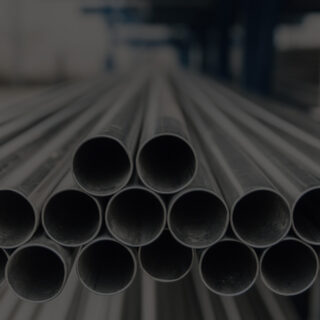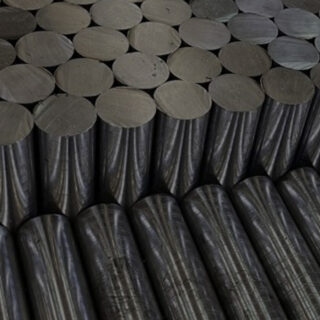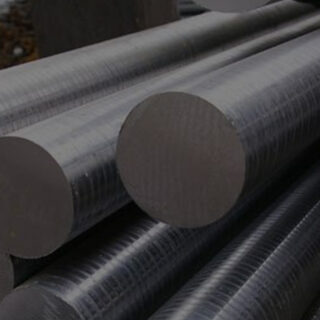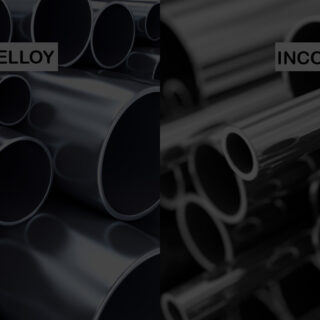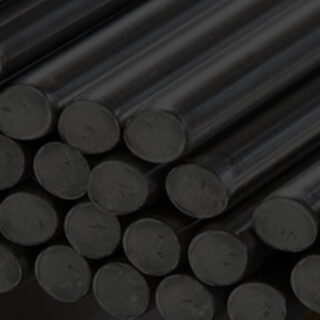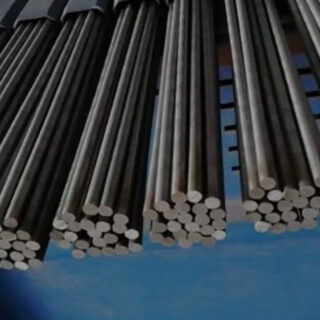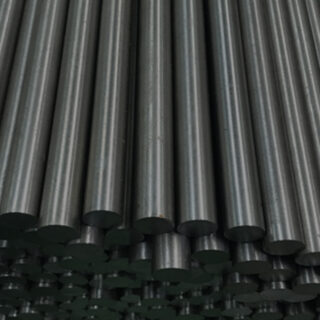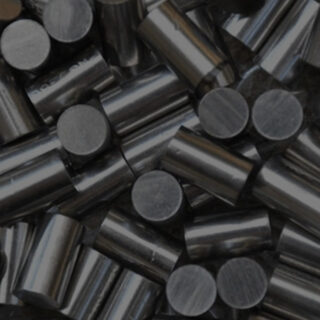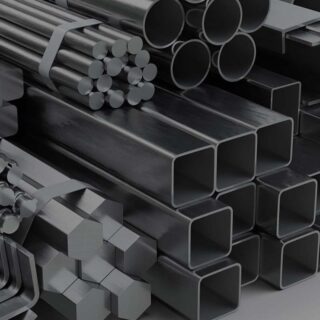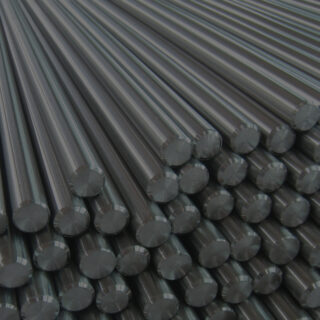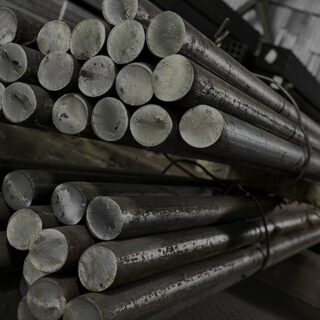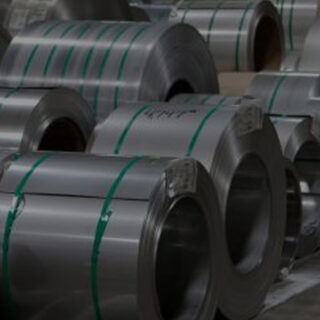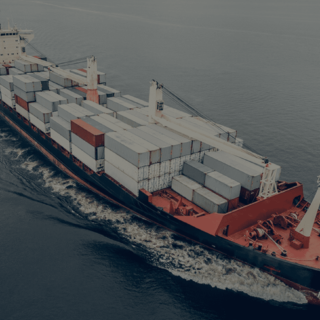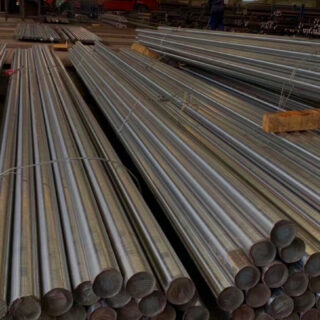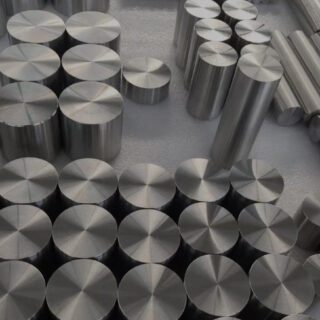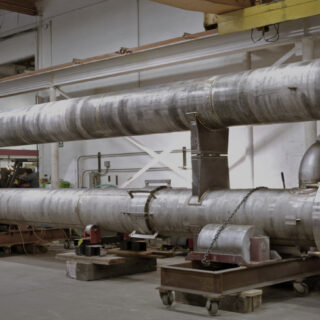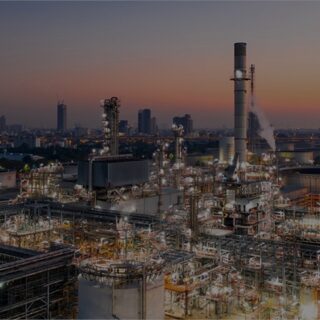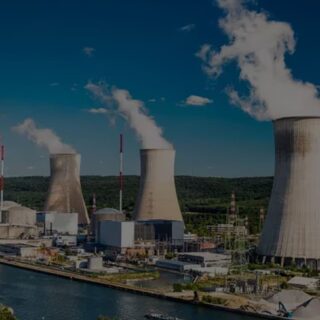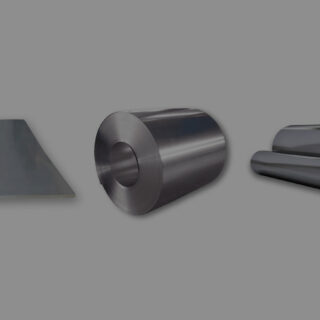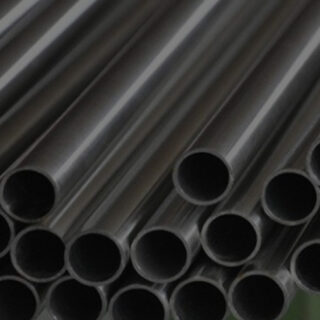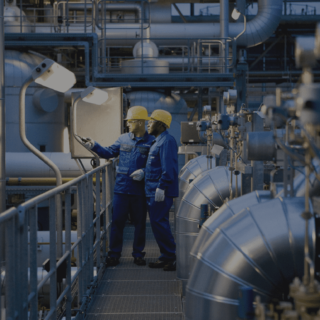
As the pace of industrial develpment is accelarating in the mordern world, the need for materials that can operate under high temperatures is more important then ever. Companies like aerospace, power generation , and chemical processing idustries work under condition that high temperatures that can easily degrade normal material. In these environments, Special alloys for heat resistance become the silent workhorses, delivering the strength and reliability that is required to sustain production. But what are these special alloys and why they are so important for high temparature conditions?
Understanding Special Alloys
Special alloys are then defined as engineered materials that are intended to work under certain, demanding circumtances. Unlike normal metals, these alloys are made with a mixture of elements that improves their working properties, specially their high-temperature strenght. Thermal expansion, oxidation, and creep (slow permanent deformation under stress) are some of the problems that matels undergo when exposed to high temperatures. These issues are solved by developing special alloys which are very important in industries where materials are used to their maximum potential.
The Science Behind High-Temperature Alloys
Super alloys commonly known as high-temperature alloys are made of a base metals like nickel, iron or cobalt and contain others metals like chromium, molybdenum and titanium for heat-resistance properties. These alloys are intended to possess their strength, stability and oxidation resistance up to temperatures in excess of 1000°C.
Another interesting characteristic of these alloys is that they develop a passive oxide layer when exposed to high temperatures. This layer is protective in that it does not allow any more oxidation and deterioration of the materials. In other words, these alloys come with defense mechanisms that enable them to withstand the worst of the environment without an compromise to their stability.
Modern Advancements
In the modern world, the generatio of speciall alloys is based on the use of highly developed computational modeling and modern technologies in manufacturing. Additive manufacturing (3D printing) has created new opportunities for designing intricate alloy structures for particular applications. This has resulted in the creation of new alloys with better thermal characteristics, better oxidation characteristics, and better mechanical properies.
Key Properties of Special Alloys for High-Temperature Application
High-Temperature alloys have certain characteristics that qualify them for use in high-temperature applications. It is crucial to know his properties to be able to choose the proper material for a given application.
- High Melting Points One of the most important properties of special alloys is that they have high melting points. This enables them to retain their shape even at temperatures at which other metals would either melt or change shape. For example, nickel-based superalloys are capable of operating at temperatures in excess of 1000°C and still maintain their strength.
- Oxidation and Corrosion Resistance In high-temperature conditions, the materials are subjected to oxidizing conditions which cause fast deterioration of the material. Some of the special alloys are made to withstand oxidation by the formation of an oxide layer on the surface of the alloy. This layer also helps in preventing further oxidation and thus increases the durability of the material. Furthermore, these alloys are corrosion-resistant and therefore, can be used in highly chemically reactive environments.
- Creep Resistance Creep is the process of a material changing permanently with time when it is subjected to stress at high temperatures. Some of the special alloys are made in such a way that they do not deform easily due to creep and hence they are able to maintain their shape and strength for a long. This property is especially relevant in such uses as in turbine blades and power plant parts where materials are constantly under stress and are exposed to heat
The Importance of Material Selection
Selecting the right material is crucial for the success of any high-temperature application. Factors such as operaing temperature, environmental conditions, and mechanical stress must all be considered when choosing a special alloy.
- Matching Alloys to Applications : The various uses of alloys depend on the various characteristics that they possess. For instance, nickel-based superalloys are suitable for aerospace applications because of their high strength and oxidation resistance. On the other hand, cobalt-based alloys are preferred for medical implants due to their compatibility and wear-resistant characteristics.
- Working with Experts : When choosing Special Alloys for Indian Industries, it is always wise to seek the help of professionals who know the requirements of your line of business. Mumbai’s suppliers, due to their vast experience, can assist you in the selection of the most suitable alloy for your application to meet the required performance and durability
Challenges in manufacturing special alloys
While special alloys offer numerous benifits, their manufacturing process is complex and requires specialized equipment and expertise. The high melting points and unique compositions of these alloys present several challenges that must be addressed during production.
- Complex Processing Techniques : The creation of special alloys requires sophisticated methods of processing, including vacuum induction melting and powder metallurgy. These methods are required to obtain the required composition of the alloy and the structure of the material. But at the same time, they need strict control and monitoring to achieve the desired quality of the end product.
- Cost Considerations : Special alloys are usually more costly than normal materials since they are manufactured in a more complicated way and the raw materials used in the process are also costly. However, due to their better performance in high-temperature applications, the extra cost is usually offset by benefits such as long service life and low maintenance

The Role of Special Alloys in Sustainability
As industries move towards more sustainable practices, the role of speciall alloy becoming increasingly important. These materials contribute to energy efficiency reduced emissions in several ways.
- Improving Energy Efficiency : In power generation, high-temperature alloys used in turbines and other parts enable the system to operate at higher temperatures thus increasing the efficiency of energy conversion. This results in the use of less fuel and hence reduced emission of greenhouse gases thus making the process more friendly to the environment.
- Reducing Waste and Maintenance : Due to their long-lasting nature and durability, special alloys are used less often and thus, are replaced and maintained less often, hence, sparing resources. In industries such as chemical processing where equipment is exposed to severe conditions, employing high-quality of alloys would add more years to the life of the critical parts thus enhancing sustainability
Why Choose Mumbai Special Alloy Suppliers ?
India and specially mumbai has turned into a center of special alloy production and supply. Mumbai special alloys suppliers have a complete catalog of high-temperature alloys for different industries requirements. The country has a strong metallurgical background and with the help of advanced technology, it has become one of the leading players in the international alloy market.
While looking for High-Temperature Alloys in India, it is important to choose supplier who are aware of the requirement of your sector. Mumbai’s supplier are expert, reliable and sincere in their work and quality which makes them a popular choice among domestic and international companies.
The Future of Special Alloy in Indian Market
The need for special alloys in Indian industries will keep on increasing as industries keep on developing. The constant transition to cleaner energy, the growth of aerospace engineering, and the sophistication of chemical procedures all indiscate that high-temperature alloys will become even more important in the future.
Their is also increase in the reasearch and development in this field. Newer materials with higher heat resistance, better mechanical properties, and enhanced corrosion resistance are being synthesized. These developments will create new opportunities for sectors that need materials that can opperate through the harshet environments.
Conclusion
In the world of industrial materials, special alloys for heat resistance stand out as an indispensable components in high-temperature environments. Their ability to endure extreme heat while maintining their structural integrity makes them crucial in industries ranging from aerospace to power generation. As technology advances, the role of these alloys will only become more significant, ensuring the continued growth and success of various sectors
You can Contact us at sales@nufialloys.com to learn more about Special Alloys and their role in high-temperature applications.


